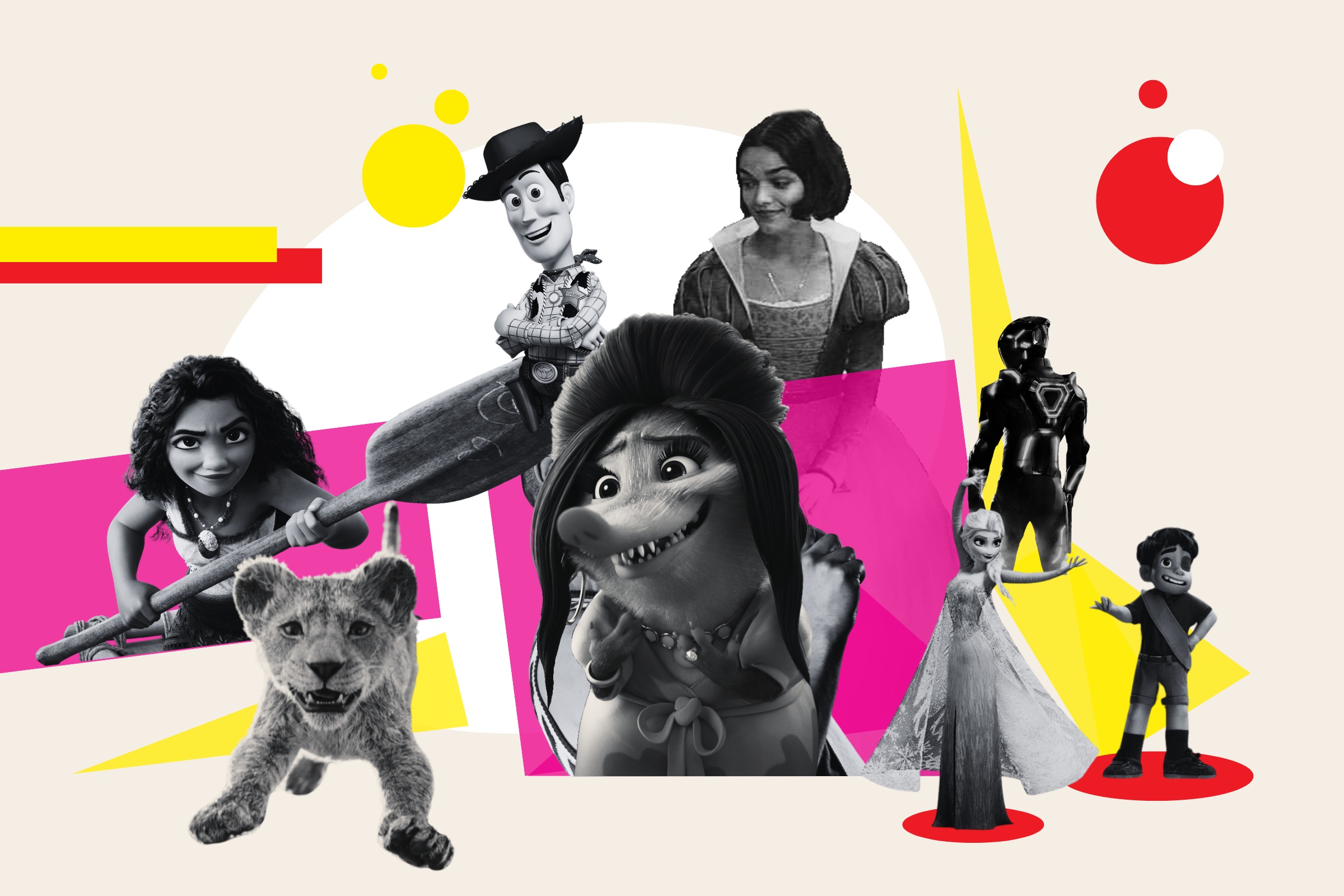As usual, Ronald Reagan had the best line. Whenever he was asked whether he was going to win an election, he demurred with that duck of his head, saying, "I always call President Dewey to ask about the polls." The message: surveys and commentators can be woefully wrong, which we all know and which nevertheless fails to stop us from surveying and commenting. At the moment, the evidence suggests that Barack Obama is likely to defeat John McCain for the presidency. Democrats are something that they rarely are every fourth November: cheerful.
But as we point out this week, that enthusiasm should be tempered by what I believe to be a stubborn fact about America: that, as a country, we tend to be center-right rather than center-left. First, there is the basic political history of the past 40 years. Democrats have won only three of 10 presidential elections, and the three they won were with Southerners who emphasized how different their candidacies were from those of traditional national Democrats. Second, the fundamental human impulse to protect the familiar is often, in our vernacular, a conservative one, and the administrations of FDR, LBJ and Clinton provide case studies in the checking of radical reform by those on the right. (For the countercase, see Jonathan Alter's essay rebutting mine.)
These broad observations—and they are that—would seem to offer McCain some hope in the election, but it is more likely that the country's conservative tinge will shape how Obama governs rather than usher in a McCain era. "America is still a right-of-center country, which is what McCain is," McCain strategist Charlie Black told Holly Bailey. "Barack Obama is a conventional liberal. Ideologically, he's out of touch." How liberal a President Obama would be is unknowable. There is no doubt that his Senate record supports Black's view. But the Democratic nominee has run a national campaign one might not have expected from a senator with his voting record. He has run, pollster Stan Greenberg told Suzanne Smalley, as "a totally mainstream Democrat." (For reporting, I am also indebted to Eve Conant and Richard Wolffe.)
There is a strong feeling in the Democratic Party that Republicans have dominated the age because of dark political arts and cultural arguments. But not all conservative sentiment, whether related to matters of God or of mammon, is the product of delusion or distraction or the result of subterfuge and obfuscation. Those on the extremes tend to think that those who disagree with them simply do not understand, and if only the blighted souls on the other side could be made to see the truth, all would be well.
Such sentiment breeds self-righteousness, and self-righteousness feeds a hyperpartisanship that, at blogosphere speeds, inspires the building of well-fortified armed camps. People do not talk to each other in such a world. They talk at each other, or, more often, about each other. I am not suggesting that handholding and choruses of "Kumbaya" are in order, but at some point blindly partisan combat leads to just that—an inability to see clearly.
Meanwhile, Democrats seem less worried than ever about the President Dewey problem. "I don't know if we'll go back to where we were in '65, but we're getting ready for a shift," says James Carville, who is at work on a book projecting a bright Democratic future entitled "Forty More Years." How significant that shift is, and how long it lasts, will soon be decided.
Uncommon Knowledge
Newsweek is committed to challenging conventional wisdom and finding connections in the search for common ground.
Newsweek is committed to challenging conventional wisdom and finding connections in the search for common ground.





